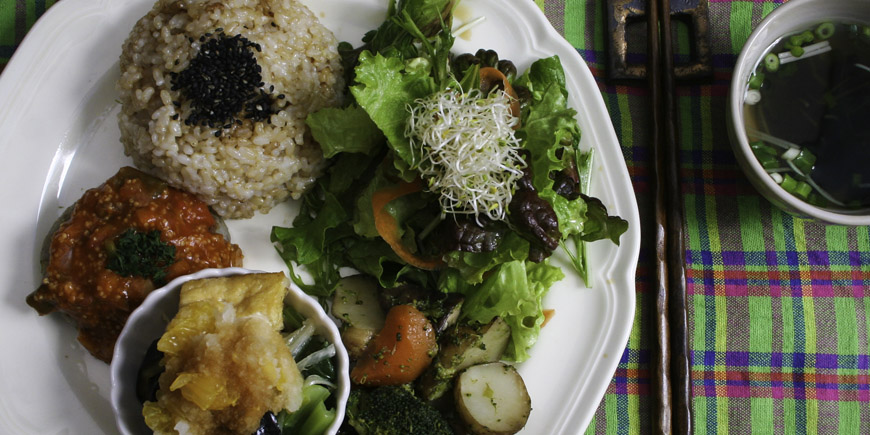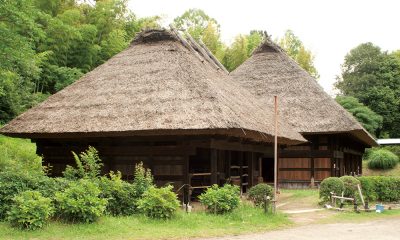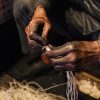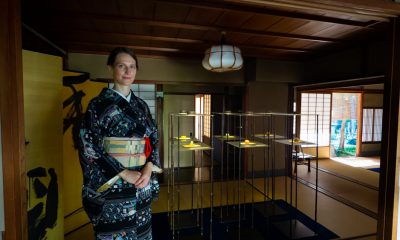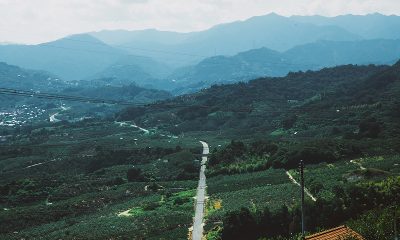Featured
Turn over an organic leaf
Clean eating is about more than just counting calories or carbs. It’s also about considering how food has been grown. KS dishes up the latest on organic food and where to find the best eats in Osaka.
It’s that time of year again: turkey stuffing and leftover Christmas cake get dumped in the trash and unconventional dieting trends promise a beach-worthy bod by early summer. Out with Santa and in with Jenny Craig. It’s like spring-cleaning for your stomach. Whether you select the vegetarian, Paleolithic, macrobiotic, or highly tricky raw food diet, you’ll soon be heading to your nearest market in search of produce to fill your recentlyemptied cabinets.
Before you get carried away with the bean sprouts, edible algae, and tofurkey, it is important to remember that the majority of products in your neighborhood grocery store have been sprayed with harmful pesticides. Unless you buy organic products, everything— from the waxy apples stacked in uniform towers to the zesty sauces you drizzle over your bok choy—contains chemicals that may hamper your health as well as your new diet.
The organic market in Japan has been on a slow, yet steady rise since the inception of JAS (Japanese Agricultural Standard) Organic in 2000. To qualify as JAS Organic, the soil needs to be chemical free for at least two years and the crops need to be grown and harvested without the use of pesticides or chemical fertilizers. In other words, products labeled as “natural” or “green” are healthier than average, but may still contain traces of harmful chemicals. However, if the product has the JAS Organic seal, then it has met all of the qualifications and is officially organic.
Eating out can be tricky, but thanks to the growing popularity of clean eating, a number of organic restaurants are beginning to sprout. You’ll be hard-pressed to find an establishment that is 100 percent organic, especially in crowded city areas, but the majority of them use organic vegetables, rice, sauces, and detergent.
Despite the development of the organic market in recent years, organic produce still only makes up 0.24 percent of the domestic agriculture in Japan. Going organic is costly and risky for farmers and for restaurant owners. If we want to continue to see the organic market succeed and expand, we have to support their efforts. By looking for the JAS Organic seal and dining where the quality of the ingredients matters, you nurture this budding market and you can bet your body will thank you.
[box]
Osaka’s top organic eats
Le Coccole
The owner of this charming hidden restaurant serves homemade macrobiotic and vegan creations using organic produce from her brother’s local farm.
le-coccole.jp
Satoyama Cafe
Located in a historic brick building, this cafe uses vegetables from Solviva Organic Farm and is a great place for lunch with friends.
organicosaka.com/satoyama-cafe
Komeday Number 1
If you are looking for organic bento lunches or catering, this organic kitchen delivers to Osaka, Hyogo, Kyoto, Nara, and Wakayama.
komeday.com
Mill Pour
In addition to offering organic and fair trade coffee, this coffee bar also serves the best lattes in Osaka.
organicosaka.com/mill-pour
[/box]


